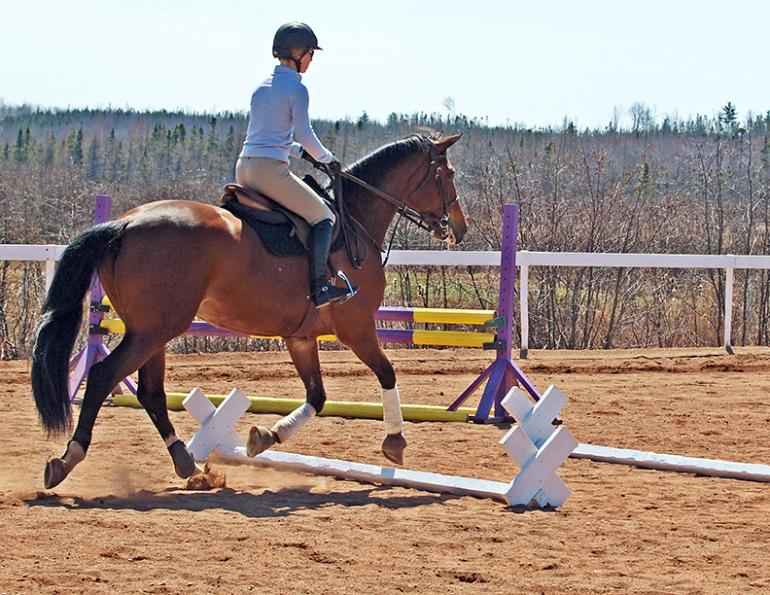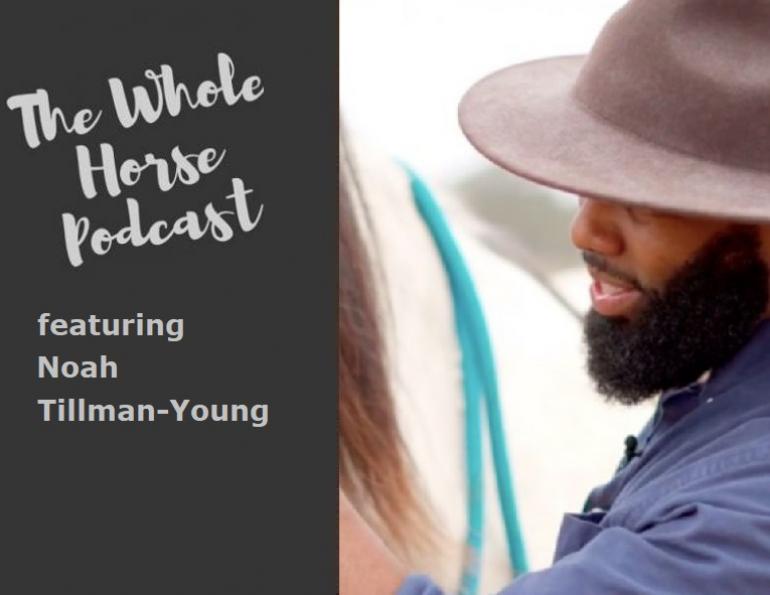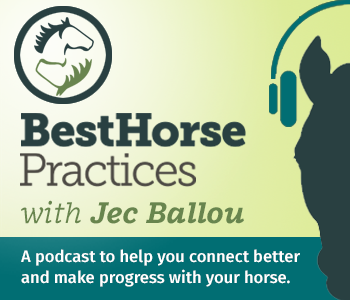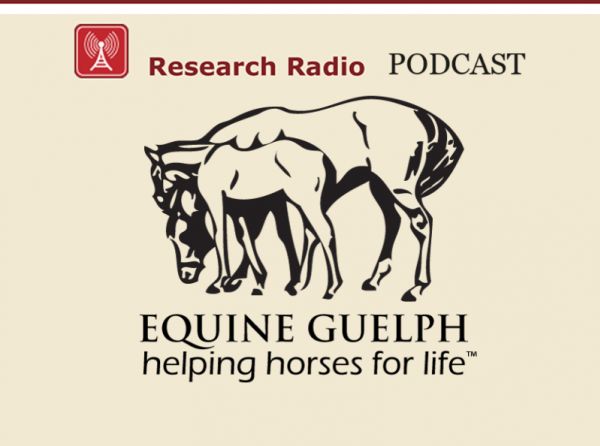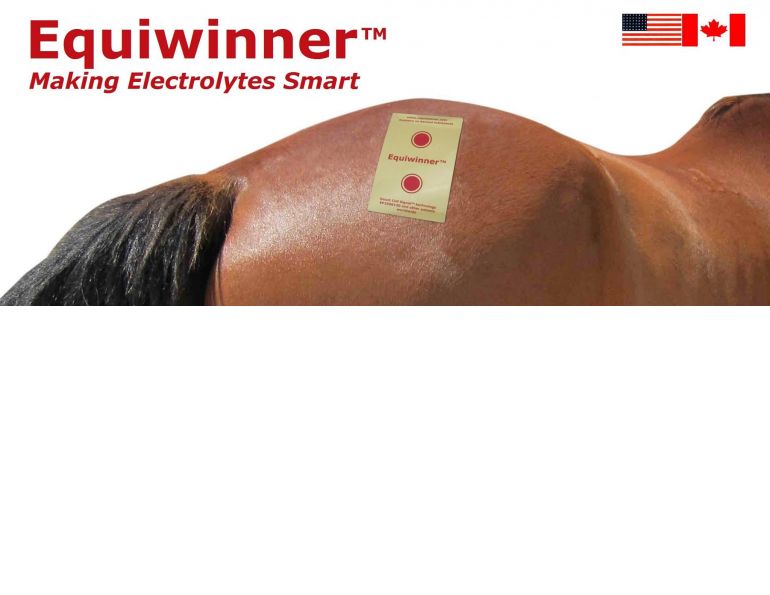By Karen L. Weslowski, LL.B., Litigation Lawyer
In the past, horse business transactions often relied on handshake agreements. Today, written contracts are increasingly common for buying and selling horses, as well as for services like training, leasing, breeding, and boarding. Contracts provide clarity and legal protection for all parties involved. As contracts become more prevalent in the horse industry, it’s important for horse owners and horse business owners to understand the basics of contract law. This guide will explain the key elements of a contract, offer tips for drafting horse-related contracts, and cover the common breeding contract.
Key Elements of a Contract
A contract is a legally binding agreement between two or more parties, whether written or oral, and includes a commitment to do something for an exchange of value - referred in law as "consideration." For a contract to be valid, it must include:
1. An Offer
An offer signifies the willingness by one person to enter into a contract with another person. Sometimes there is uncertainty as to whether an offer was truly made. If no offer was made, there will be no enforceable contract. For instance, what if a potential buyer says to a seller of a horse that “they would pay $5,000.00 for the horse.” Does that constitute an offer to purchase the horse for $5,000.00 or is it merely an expression of what the potential buyer thinks the horse is worth?
If a dispute arises between the parties as to whether an offer was made, the Court will look at the language of the offer or the conduct of the person in making the offer to see if there is any evidence of that person’s intention to enter into a binding contract.
2. Acceptance of the Offer
In order for a valid contract to exist, there must be acceptance of the offer which results in a “meeting of the minds.” For instance, in a boarding contract, the buyer and the seller must agree on the price of board. If they do not, there is no “meeting of the minds.”
If there is a dispute between the parties, a Court will look at whether an objective, reasonable bystander would find that the parties entered into a contract. The subjective beliefs and intentions of the parties are not considered by the Court in determining whether there was a “meeting of the minds.”
3. Valuable Consideration
In order to be legally enforceable, there must be an exchange of “valuable consideration” between the parties. “Valuable consideration” means that both parties are giving something to the other. For example, in the purchase and sale of a horse, the sale price paid by the buyer constitutes the “valuable consideration” to the seller and receipt of the horse is “valuable consideration” for the buyer. The amount of the consideration does not generally have any effect on the validity of the contract. A contract can be valid even if the consideration is only a dollar.
4. Certainty of the Contractual Terms
Sometimes there is confusion as to what the parties to the contract actually agreed to do. In order to be enforceable, the terms of a contract must be certain. In other words, upon reading the contract, it must be clear as to what the parties agreed to as part of the contract.
Drafting a Contract for Purchase and Sale
Contracts do not need to be in writing to be enforceable. However, if a dispute arises, it is often difficult to prove the existence and terms of an oral contract. As such, when possible, contracts should be put in writing. If the parties wish to draft their own contract without the assistance of a lawyer, the following information should be included in the contract. This information is required, at a minimum, in order to satisfy the basic requirements of a contract discussed above. Depending upon the value of the horse and the terms of the sale, the parties may require additional terms and conditions not discussed below.
1. The Names of the Parties to the Contract
The contract should include the full names and addresses of all the parties to the contract. It is helpful to identify the parties by their respective role in the contract. For instance, in a contract for the purchase and sale of a horse, the contract should indicate which person is the seller and which person is the buyer.
If the horse is registered, the name of the seller on the contract must be the same person listed as the horse’s owner on the registration papers, otherwise the seller’s right to sell the horse could be questioned. At the time of the sale, the buyer should also ensure that the appropriate papers are signed in order to transfer the horse’s registration from the seller to the buyer.
2. Identify the Horse
When drafting contracts for the purchase and sale of a horse, a detailed description of the horse should be included. Include the horse’s name, age, breed, colour, markings and registration number (if any). The parties may also wish to attach a photograph of the horse to the contract.
3. The Terms of the Sale
In a contract of purchase and sale, the following terms should be included:
- The sale price;
- If the sale price is paid in full at the time the contract is signed, set that out;
- If the sale price of the horse is to be reduced on account of a trade between the seller and buyer, set out the terms of the trade clearly (including what is being traded and its value);
- If the contract allows for payment by instalments, the contract should clearly set out when each payment is due, if any interest charges apply and how interest will be calculated, who is to retain possession of the horse until the sale price is paid in full and what happens if the buyer fails to make the payments as required by the contract; and
- If there are any terms about the delivery of the horse, those terms should be included (for example: is the seller going to deliver the horse to the buyer and if so, will the buyer reimburse the seller for those expenses?).
4. Date the Contract
Include the date of the contract because the date can often become important if a dispute later arises with respect to some aspect of the contract.
Related: Understanding Leasing Contracts
5. Guarantees or Warranties
A new car comes with a warranty which guarantees aspects of the car’s parts and performance. However, the same cannot be said of a horse. Most often, horses are sold without any promises by the seller as to the horse’s characteristics or ability. Buyers are more likely to require written contracts which contain specific representations and warranties about the horse. For instance, if, in buying a horse, a buyer relies upon a particular statement by the seller (for example: the seller tells the buyer that the horse is a “proven broodmare” and the buyer purchases the horse to use as a broodmare), the buyer may wish to have the seller’s statement included in the contract. In the event the horse is not a proven broodmare, the buyer has greater recourse against the seller for misrepresenting the qualities of the horse. For this example, the wording could be as follows: “The seller represents and warrants that the horse (state the horse’s name and registration number, if any) is a proven broodmare.”
Provided the seller receives the sale price in full, the seller may not be as concerned with the terms of the contract, or whether it is even in writing. However, in order to protect themselves from future claims by an unsatisfied buyer, a seller may wish to include a disclaimer in the contract which expressly states that the horse was sold “as is” with no warranties or representations regarding the horse’s performance, ability or soundness. When showing a horse for sale a seller may make oral statements to the buyer about the horse (for example: “this horse is bombproof”).
In order to fully protect themselves, a seller may wish to include a statement in the contract that any previous oral statements by the seller are not binding and do not constitute representations or warranties. If the seller does not include such a term, a disappointed buyer could later take legal action against the seller on the basis that the seller misrepresented the horse to the buyer. A seller may also wish to include an “entire agreement clause”, which specifies that the only terms of the contract are those written terms contained in the contract.
6. The Vet Check
If the buyer declines to have the horse vet checked before buying it, the seller may wish to include a term to this effect in the contract. This protects the seller in the event that the horse goes lame shortly after the sale (unless it can be proved that the seller misrepresented the horse’s soundness to the buyer).
7. Insurance
If the buyer is paying for the horse in instalments, the seller should require the buyer to place insurance on the horse at the buyer’s expense until the horse is fully paid for. The minimum amount of the insurance should be the amount of the unpaid balance. The seller should be named as the loss payee on the insurance policy.
8. Signatures
All of the parties to the contract should sign it.
Breeding Contracts
Breeding contracts are commonly used in the horse business and can differ from other types of contracts because of the terms and conditions they contain. Whether you are the stallion owner or the broodmare owner, it is helpful to have an understanding of the standard terms of a breeding contract.

Mare owners must ensure that all conditions of a live foal guarantee, such as vaccination of the mare, are satisfied. Photo: iStock/Kerrick
For the mare owner, one of the most important terms of the breeding contract is the live foal guarantee. This term of the breeding contract should be read carefully as the protection provided by the guarantee can vary depending upon the wording used. Some breeding contracts specify that a “live foal” is simply a foal that stands and nurses. However, other breeding contracts impose a temporal aspect to the live foal definition (for instance: “a live foal means a foal that stands and nurses without assistance for a period of at least 48 hours from the time of birth”). Obviously, the better guarantee for the mare owner is the definition of a live foal that stands and nurses without assistance for a period of at least 48 hours from the time of birth. In order for the live foal guarantee to apply, breeding contracts may require mare owners to satisfy certain conditions, such as vaccinating the mare for Rhinopneumonitis in the fifth, seventh and ninth months of the mare’s pregnancy. If the mare owner fails to do so or fails to provide proof of the vaccinations to the stallion owner, the live foal guarantee may not apply. Mare owners should ensure that they read their breeding contract thoroughly and ensure that all conditions necessary to satisfy the live foal guarantee are met.
As well, if the mare fails to conceive, in order to rebreed the mare, the breeding contract may require that the mare owner notify the stallion owner and provide written certification by a veterinarian. The failure to do so may void the mare owner’s right to rebreed the mare. Mare owners may also wish to consider whether the breeding contract allows them to substitute a different mare to rebreed in the event that the first mare does not conceive within the breeding season specified in the contract. Mare owners should be aware that breeding contracts may impose a re-handling fee for rebreeding.
When drafting their breeding contract, stallion owners will want to ensure that their contracts contain such terms as a limitation of liability clause, which provides that the stallion owner is not legally responsible for any sickness, death, disease or injury suffered by the mare and/or foal during the time the mare and/or foal is in the stallion owner’s custody.
As well, if the stallion is being shown, stallion owners may wish to include a term in their breeding contract which allows the stallion to be removed from the farm for the purpose of showing. It may be that a mare comes into heat when the stallion is away at a show and the mare is unable to be bred. To avoid any problems arising from this scenario, the contract would specify that it is the mare owner’s responsibility to check on the availability of the stallion for breeding during these times.
Main photo: iStock/Ferrantraite




